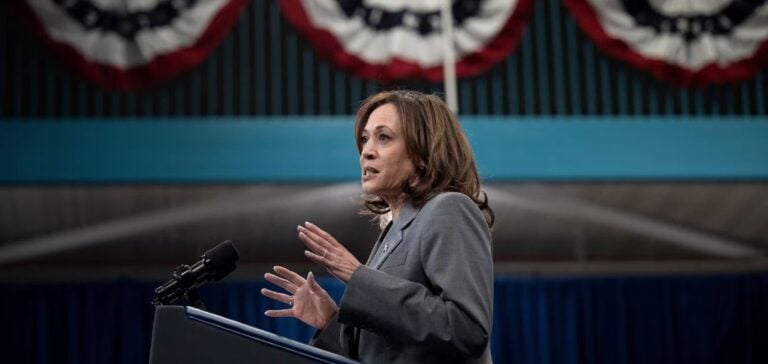The Biden administration, with the support of the Environmental Protection Agency (EPA), has announced $20 billion in funding for clean energy and climate change projects. Kamala Harris, the Democratic vice-president, highlighted this initiative, which hopes to attract private investment through financial leverage: for every dollar of public funding, the aim is to mobilize seven dollars of private capital.
Focus on marginalized communities
These funds, anchored in the Inflation Reduction Act (IRA), mainly target disadvantaged communities. Seventy percent of investments are earmarked for these areas, with the aim of reducing pollution and energy costs while promoting access to renewable energies. Eight non-governmental organizations and networks of associations will be in charge of distributing these funds to finance local clean energy projects.
Diversified projects with a broad reach
The projects supported by this initiative range from the installation of solar panels in facilities in Detroit, to the installation of low-cost heat pumps in underprivileged housing. Other examples include the renovation of buildings in poor Appalachian communities and the provision of back-up batteries for homes for the elderly in Florida, demonstrating a holistic approach to addressing both energy and climate needs.
The largest climate investment in the USA
“When President Biden and I launched the largest climate investment in American history, we ensured that every community would benefit from this transition to a green economy,” said Kamala Harris.
This initiative marks a step towards a cleaner, fairer energy future for the United States. By focusing on disadvantaged communities, the Biden administration aims to address climate change while tackling energy inequalities, with the objective of making the benefits of the energy transition accessible to a wider portion of the population.






















